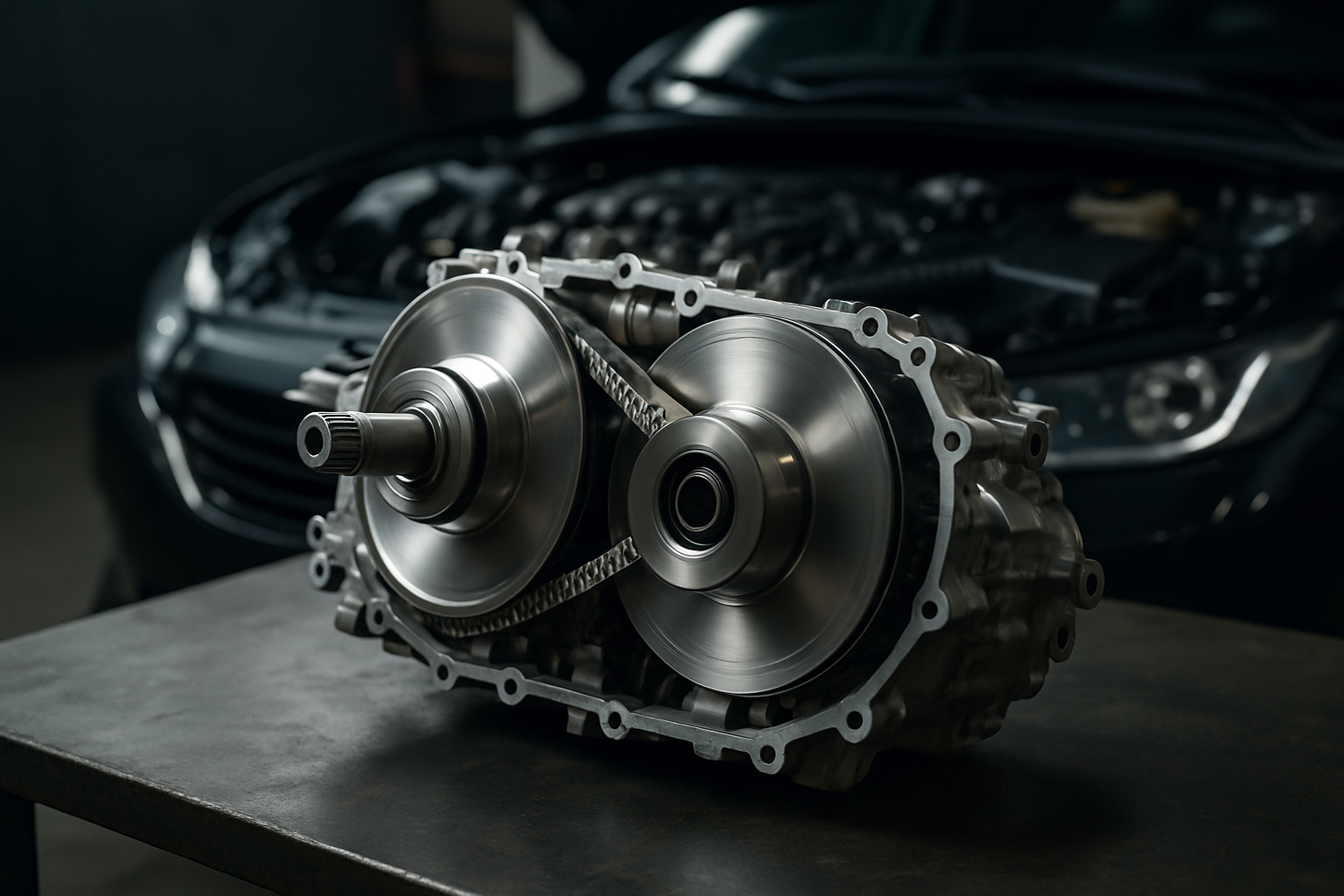Choosing a Remanufactured Transmission for Long-Term Use
A remanufactured transmission may offer a practical solution for restoring drivability without a full replacement. Considering build quality, long-term support, and proper fit can help align the choice with your vehicle’s performance and service needs.

What Is a Remanufactured Transmission?
A remanufactured transmission is a used transmission that has been completely disassembled, cleaned, and rebuilt to meet or exceed the original manufacturer’s specifications. Unlike a simply repaired or rebuilt transmission, a remanufactured unit undergoes a comprehensive process that addresses all wear components and potential failure points. This results in a transmission that functions as good as new, often with updated parts and improved designs that can enhance performance and durability.
How Does Remanufacturing Differ from Rebuilding?
While rebuilding and remanufacturing may sound similar, there are significant differences between the two processes. Rebuilding typically involves replacing only the parts that have failed or show visible wear. In contrast, remanufacturing is a more thorough process that includes:
-
Complete disassembly of the transmission
-
Thorough cleaning and inspection of all components
-
Replacement of all worn parts, regardless of their current condition
-
Updating components with the latest OEM specifications
-
Rigorous testing to ensure like-new performance
This comprehensive approach results in a transmission that offers greater reliability and a longer service life compared to a rebuilt unit.
What Are the Benefits of Choosing a Remanufactured Transmission?
Opting for a remanufactured transmission offers several advantages for vehicle owners:
-
Cost-effectiveness: Remanufactured transmissions are typically less expensive than brand new units while offering similar quality and performance.
-
Extended warranty: Many remanufactured transmissions come with warranties that match or exceed those of new transmissions.
-
Improved reliability: The thorough remanufacturing process often results in a transmission that’s more reliable than the original.
-
Reduced downtime: Remanufactured transmissions are readily available, reducing the time your vehicle spends in the shop.
-
Environmental benefits: Remanufacturing conserves resources and reduces waste compared to manufacturing new transmissions.
How Is the Remanufacturing Process Explained?
The remanufacturing process is a meticulous procedure that involves several key steps:
-
Core collection: Used transmissions are collected and sorted based on make and model.
-
Disassembly: Each transmission is completely taken apart, down to the smallest components.
-
Cleaning: All parts are thoroughly cleaned using specialized equipment and solvents.
-
Inspection: Each component is carefully inspected for wear, damage, or defects.
-
Replacement and upgrading: Worn or outdated parts are replaced with new or remanufactured components that meet or exceed OEM specifications.
-
Reassembly: The transmission is carefully reassembled following precise guidelines.
-
Testing: Each remanufactured transmission undergoes rigorous testing to ensure proper function and performance.
This process ensures that every remanufactured transmission meets the highest standards of quality and reliability.
What Is the Environmental Impact of Remanufactured Parts?
Choosing a remanufactured transmission can have a significant positive impact on the environment. The remanufacturing process consumes less energy and raw materials compared to producing new transmissions. It also reduces the amount of waste sent to landfills by reusing and recycling existing components. According to studies, remanufacturing can:
-
Reduce energy consumption by up to 85%
-
Decrease raw material usage by up to 90%
-
Lower greenhouse gas emissions associated with manufacturing
By opting for a remanufactured transmission, vehicle owners can contribute to conservation efforts and reduce their carbon footprint.
How Do You Choose the Right Remanufactured Transmission?
Selecting the appropriate remanufactured transmission for your vehicle requires careful consideration:
-
Verify compatibility: Ensure the transmission is specifically designed for your vehicle’s make, model, and year.
-
Check the warranty: Look for comprehensive warranties that cover both parts and labor.
-
Research the remanufacturer: Choose reputable companies with a track record of quality and customer satisfaction.
-
Ask about updates: Inquire whether the remanufactured transmission includes any updates or improvements over the original design.
-
Consider installation: Determine if professional installation is included or recommended by the remanufacturer.
-
Compare costs: While price shouldn’t be the only factor, it’s important to compare costs between different providers.
| Provider | Warranty | Key Features | Estimated Cost Range |
|---|---|---|---|
| JASPER Engines & Transmissions | 3 years/100,000 miles | Nationwide coverage, Dyno testing | $1,500 - $3,500 |
| ATC Midwest | 3 years/unlimited miles | In-house remanufacturing, OE-quality parts | $1,200 - $3,000 |
| Gearhead Engines | 3 years/unlimited miles | Free shipping, 24/7 tech support | $1,300 - $3,200 |
| Reman-Transmission | 5 years/unlimited miles | Extended warranty options, Nationwide installation network | $1,400 - $3,300 |
Prices, rates, or cost estimates mentioned in this article are based on the latest available information but may change over time. Independent research is advised before making financial decisions.
Choosing a remanufactured transmission for long-term use can be a smart decision for vehicle owners facing transmission problems. By understanding the remanufacturing process, considering the environmental benefits, and carefully selecting a reputable provider, you can enjoy a cost-effective solution that offers reliability and performance comparable to a new transmission. Remember to always consult with a qualified mechanic or transmission specialist to ensure the best choice for your specific vehicle and driving needs.




